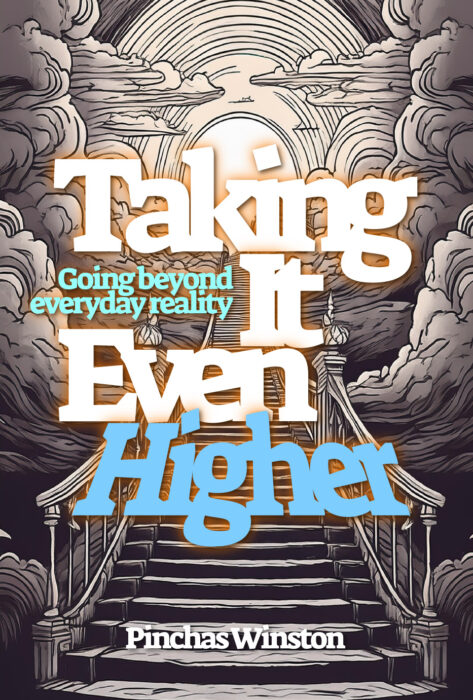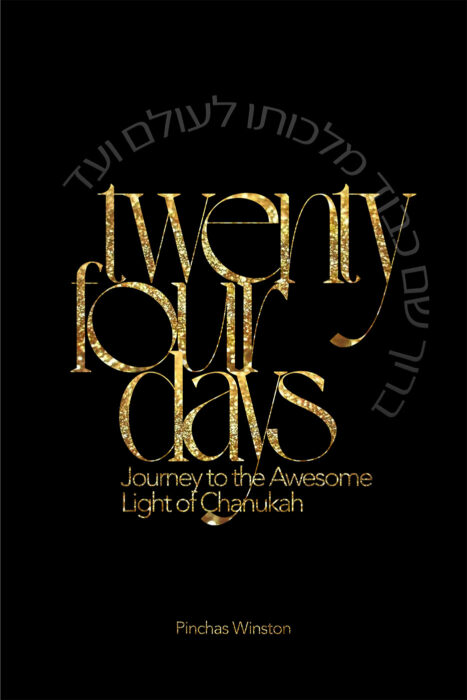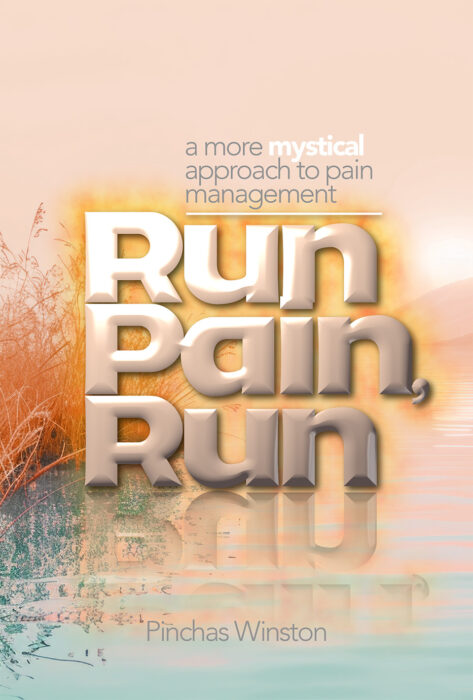Parashas Acharei-Kedoshim, Issue #2095 - By Rabbi Pinchas Winston
WHEN YOU THINK about Aharon HaKohen, you think about peace. You think about all the good and wholesome things about a Torah life. You think about the ultimate servant of God, selfless in every way. He was the model Torah citizen.
You certainly don’t think about how he caused the death of his two eldest sons, Nadav and Avihu, and almost all four of them. As Rashi mentions back in Parashas Shemini, had his brother, Moshe Rabbeinu, not prayed on Aharon’s behalf, Elazar and Itamar would have died as well.
How did it happen? For all the right, well, actually, wrong reasons. If ever the right-intentioned thing led to a disaster it was Aharon’s involvement in the creation of the golden calf at Mt. Sinai. He was compelled by the rebellers, and only carried through to save the lives of the people who compelled him. They had already killed Chur for standing in their way, and he suspected they would have killed him too had he refused to cooperate.
But that wasn’t to save his own skin. He was the Kohen Gadol, and any generation that kills the Kohen Gadol in the Temple, and Har Sinai had that status at that time, cannot be atoned for. So instead, he pretended to be doing what they demanded to stall for time until Moshe could return and put everything right again. What a great strategy and selfless act of self-sacrifice!
Not that God didn’t take all of that into account. A person can have the best of intentions when doing the wrong thing, and that is certainly a lot better than having the worst of intentions while doing the same wrong thing. But, as we learn from the episode of Aharon HaKohen and his sons, the right intention does not necessarily cancel out a wrong act.
For example, let’s say someone has been financially helping out poor Torah families in Israel on the brink of collapse. Then, one day, they decide that all families should have children fighting in the IDF, perhaps because they already do, and decide to withhold financial assistance from any family that does not. It is their own principle, and despite what many Torah leaders are saying about the situation.
The question is, does God, to Whom all money belongs especially ma’aser, agree with them? If He does, then they are doing the right thing with no possibility of negative consequence. If not, then their principled holdback may actually be endangering the very children they want to protect. For all they know, and it is a good possibility that it is true, the protection their military children have enjoyed so far has been in the merit of their giving to the very families they want to cut off. They truly cut off their noses to spite their faces.
We all have principles, things we care about passionately…things we are willing to sacrifice for. But it is one thing to sacrifice something we personally need and might be willing to do without, and another thing to sacrifice something that someone else needs and is not willing to do without. That is crossing over a red line in God’s sand, so to speak, and very, very risky.
To be clear, this is not a discussion about who should or should not be in the military. This is not the same discussion about drafting yeshiva buchurim. Right or wrong, there are plenty of other people having those discussions. This is a side discussion about the dangers of having and acting on opinions that might resonate with us, but not with God, whatever the scenario.
Remember Shimon and Levi, two super loyal brothers who risked their own lives to rescue their sister from Shechem? They ended up wiping out all the males of the city in the process, and then were severely criticized for their actions by their father. Remember Korach who, emboldened by what he thought was a just cause, stood up to Moshe and questioned his authority. When Moshe told him that he was going down, he only later found out just how deep.
In the 1600s there was Shabtai Tzvi. He claimed to be Moshiach, declared an end to the exile, and caused untold destruction to the very people he thought he was saving, all before being compelled to convert to Islam. About 1600 years early, Bar Kochba acted similarly, with similar impact.
We Jews are known for having opinions. It’s good to have them. We’re also known for having chutzpah, and even that has a place in Torah life. But you have to also be humble, because it is such humility that provides checks and balances on our opinions and chutzpah. The road to Hell is paved with good intention, and it is more than shocking how many people are walking it. Even more shocking is finding yourself on it when you thought you were actually going in the opposite direction.
Rashi explains the connection between the Yom Kippur Service of this week’s parsha and the death of Aharon’s sons. This is another connection. The holiday of Yom Kippur is only once a year, but it should really be every day. We need to face the music every day and come clean of all our wrong ideas. Only then can we stop being the source of destruction of the very things we cherish…on principle.
Thirtysix.org
Rabbi Pinchas Winston
Shabbat Shalom



















